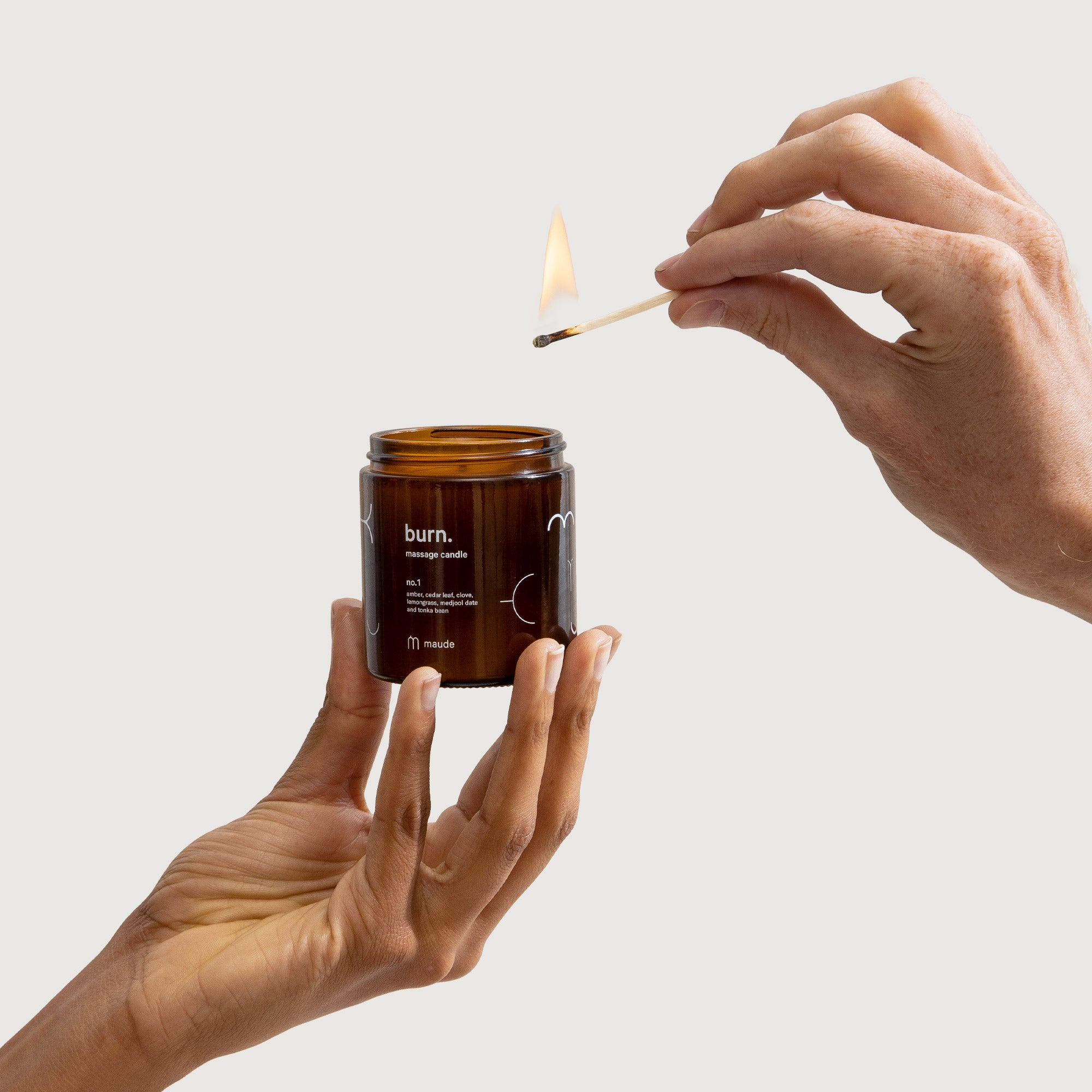The role of communication in relationships and sex

Practical advice on how to communicate effectively with partners about desires
As humanity reaches into the great artificial unknown, creating from scratch a intelligence system capable of providing research-based couples therapy, pearl-clutching smut, and the affirmations we never received from our parents, our human communication has remained the way it’s always been--messy, sometimes withholding, and complicated by misaligned needs, words taking on different meanings for each of us, based on our respective human experiences.
For this reason there is no guidebook for perfect communication. We are meant to be flawed. The best we can do is speak from somewhere true, about that which is authentic to us--including, sometimes, our uncertainty about what exactly to say. The role of communication in relationships cannot be overstated, but the existence of “communication” itself is not enough to guarantee success in a relationship. We have to tread lightly with the inner words of others, particularly around the topic of sex.
Here are some tips for more tactful communication in your partnerships and other sexual relationships, so you can move more confidently into the imperfect unknown:
Don’t assume
Ask clarifying questions. One mistake we can make, especially in an emotionally intimate environment, is assuming we know what the other person can or cannot do, hear, or adapt to. When you speak about a need or desire in a relationship, do your very best to avoid the language of assumptions, such as saying “I know you feel like...” before the person has said they feel any sort of way.
The request can be sexy
Oftentimes “talks” are seen as ways of bringing attention to an issue that needs solving. But communicating can also be a way to open exciting doors. It might be helpful to frame things like “I’ve been excited to share with you something that has been on my mind,” instead of “I need to talk to you.”
Beware of expectation
We face a communication Catch-22 in intimate relationships. Closeness requires opening your heart, but too much disclosure can turn an erotic discussion into a therapy session. Ask yourself what you expect your partner to make you feel--Is it relief, acceptance, or unconditional love and support? In what ways do you need to give that to yourself first?
It can be a tall order to navigate abstract concepts like “giving acceptance to yourself,” so start by asking yourself these questions:
-
Do I believe my desires are acceptable? If not, why?
-
What am I afraid will happen if my needs are not received well?
-
Do I believe I am able to take care of myself?
-
Is there a time when I was made to feel like this need was not acceptable?
What am I protecting by keeping this information to myself?
From here you can begin to explore the stories you tell yourself, as well as the fears you carry from prior negative experiences, and work more productively towards self acceptance. This will take the pressure off our conversational partner to respond “perfectly.”
Remember: It all comes out eventually
Your partnership--casual or not--will not survive a lack of communication. It may carry on technically, but resentments, unspoken issues, and shame are certain to come out sideways, leading to bad blood and/or disappointing sex. Act as if the relationship depends on it--with a healthy urgency.
Be open to collaboration
When you’re sharing your desires, boundaries, or curiosities, ask your partner if they have any of their own. You might be surprised by the answer.




